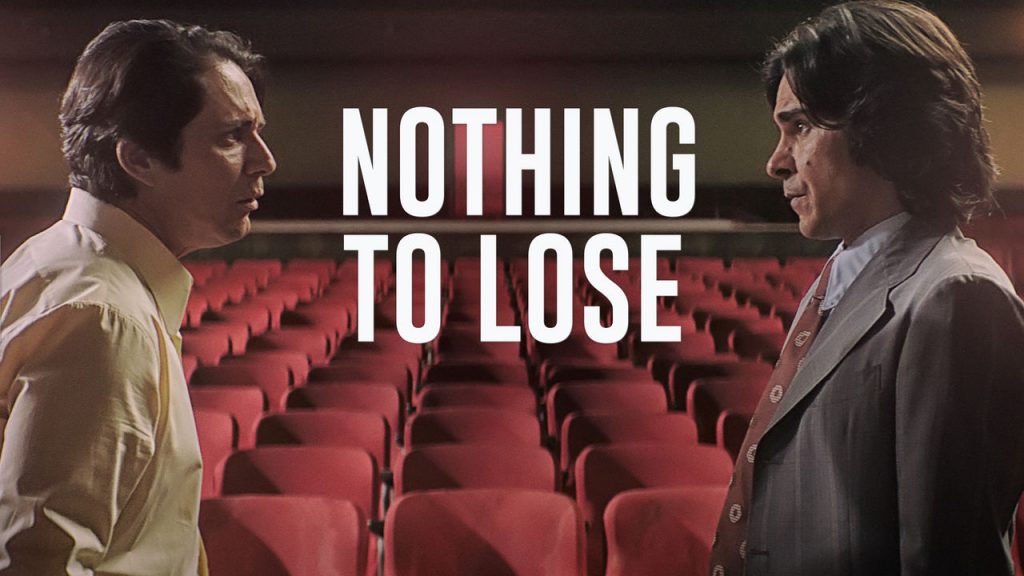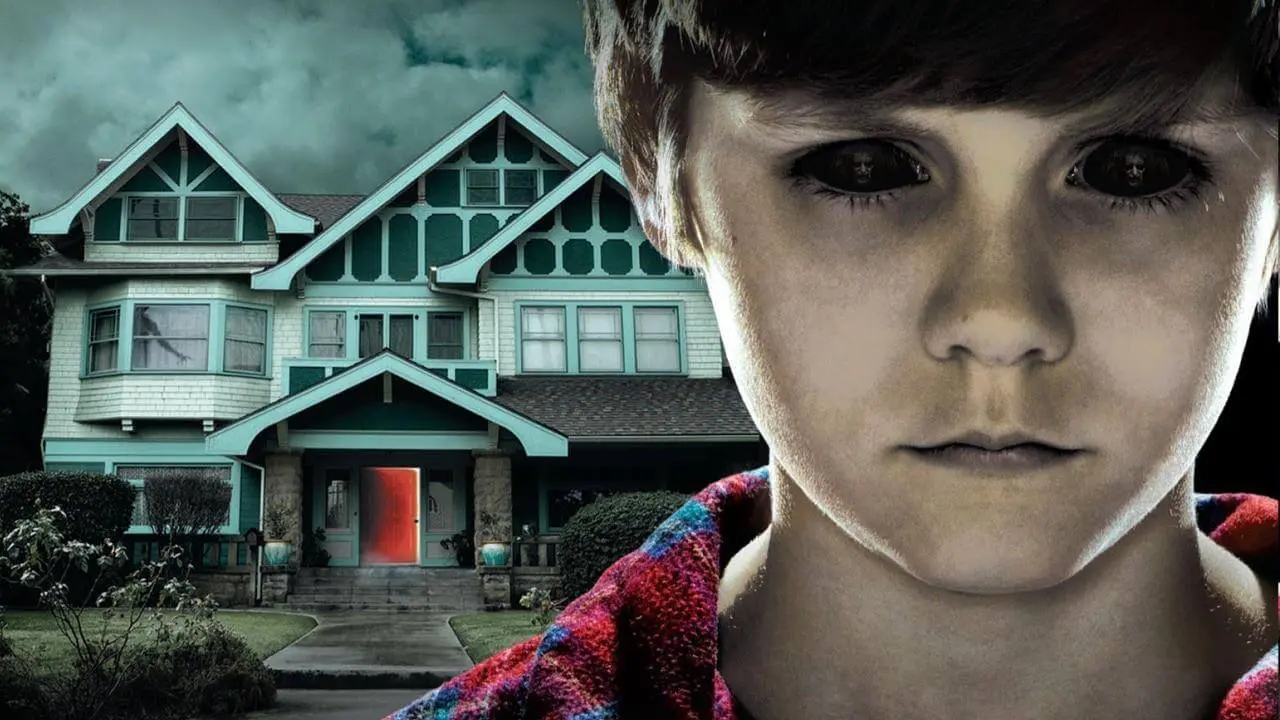Summary
Nothing to Lose chronicles the life of Edir Macedo, self-appointed bishop, founder of the Universal Church of the Kingdom of God, and owner of Record, the second-largest television network in Brazil. This Netflix exclusive was financed by Record, and is based on Macedo’s autobiography.
Sometimes I put my cards on the table because of my views or experience: this time, it’s because of experience and views I don’t have. I’m not Brazilian, I’m not a Christian, and I hadn’t even heard of Edir Macedo before watching Nada a Perder (Nothing to Lose). Perhaps that means I won’t know what I’m talking about, but hopefully, it means I can talk about the film objectively.
But I’m not stupid, either. I can recognize – even in the first ten minutes – a film with a blatant agenda. So I’m watching this Netflix exclusive on face value, but it is definitely a two-faced film, and not at all good at hiding it.
Nada a Perder (Nothing to Lose) is a biographical drama about Edir Macedo (Petrônio Gontijo), from his childhood, marriage to Ester (Day Mesquita), and well into mature adulthood and the height of his success as a radical church leader. I’m not going to join all the dots for you: suffice it to say over the two and a quarter hours we see an evangelical equivalent of a rags to riches story; but with a rebel main character, who did everything without the endorsement of the Brazilian church hierarchy. The film is based on the first part of Macedo’s autobiography (at least three volumes have been published so far), and it seems to have two purposes: to influence Brazilian viewers’ take on his reputation, and alongside that, inspire people to follow their calling, despite what people tell them.
In the film, Edir Macedo is extremely self-centered: he takes any cue to openly reflect on his evangelical calling; at a friend’s garden party, and even at his wife’s hospital bed, when she’s just delivered a deformed baby. The film is not just endorsed by the real Macedo, but financed by him; perhaps he is too focused on himself and his own reputation to be aware that’s what the film presents. But it does: Macedo’s character clearly had nothing to lose, but only because he was barely aware of those around him; or when he was aware of them, he seemed to consider that he was superior, or that his calling was more important than other people’s priorities. And the film presents all these characteristics as though they are positive, as though his single-mindedness and recklessness were proof that his decisions were led by God. If that doesn’t smell like propaganda, then what does it smell of?

There is so much sugar coating to Macedo’s story that you have to wonder what is underneath all that glaze. What are we not being shown? Perhaps how he financed his radio ministry, and his purchase of the television channel when he couldn’t afford rent. Perhaps why the authorities were so keen to prevent him hosting a rally on the same day as the Pope that they set up a roadblock. (That was a funny scene: he hid in the back of the car and the music made it sound like he was a heroic outlaw or something.) Who am I to say? There clearly is another side to this man that Nothing to Lose keeps covered (and I’m sure Google or Wikipedia can help out if you’re curious: it is not my place to delve into other people’s social controversy, but rather to focus on the film.
And I’m sorry to be blunt, but the film is dreadful. It was directed by Alexandre Avancini, whose experience seems to be largely television dramas: I think he should have stayed with those. Everything in Nothing to Lose is so exaggerated or melodramatic! The dialogue, the music, the long shots onto crowds, the police chases! I’m afraid the quality of production and dialogue particularly suggested to me that if this was an American biopic, its home would be the Hallmark Channel, not cinema or Netflix. The dubbing was terrible: I switched to the Portuguese after ten minutes and discovered the acting wasn’t that bad (within the confines of the bad writing and production), hence the one star.
While I was watching, I was reminded of being shown DeMille’s Ten Commandments at school when I was about thirteen, to supplement our RE lessons: everyone was herded into the hall and instructed to be quiet and respectful. Nothing to Lose had the same air of trying to be an epic that would inspire people, but with a very clear bias. The other reason it reminded me of films of that ilk (Run, Baby, Run was another example) was the very basic level of writing and storytelling: not much detail and no long words. This was clearly for Macedo’s followers and potential followers, rather than general cinema-goers. It came as no surprise to find the last title Avancini directed was called Moses and the Ten Commandments: the Movie.
I have read that in Brazil, churchgoers were given free cinema tickets to attend Nothing to Lose, in order to boost the ratings. Similarly, the film gives his character a boost, in a clearly unnatural way, like Botox. And honestly, I don’t know why Netflix has taken it on. Nothing to Lose reduces the quality of their Brazilian output, just as The Chalet does their French.



